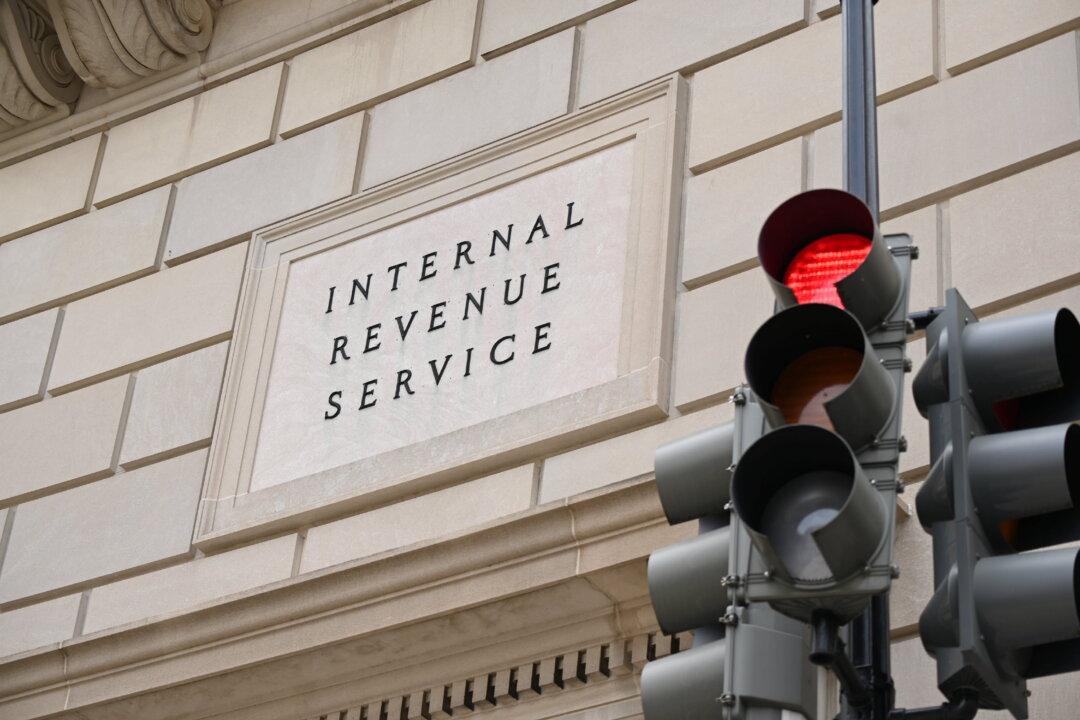The Internal Revenue Service (IRS) has issued a warning to taxpayers to be on guard for a new scam that promises huge refunds if they misuse wage information or claim false credits on tax returns, potentially leading them to face criminal liability.
There are several variations of the scheme, but all involve misusing wage information on Form W-2, Wage and Tax Statement, in hopes of getting a massive refund—sometimes as much as five figures.





